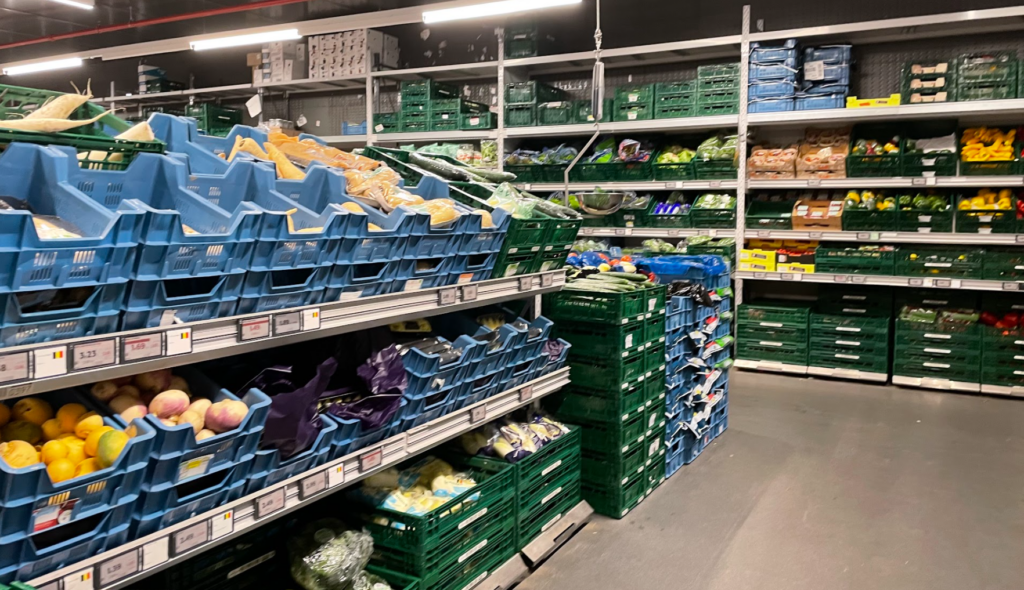Making healthy, sustainable food affordable through policies is the key way forward for both consumers and farmers, argued consumer protection organisation Test Achats.
The skyrocketing cost of vegetables in recent months has seen consumers turn to cheaper, often unhealthy food.
Since the prices in supermarkets started rising in mid-2022, Test Achats has been calculating supermarket inflation and how much more consumers are paying for their groceries by comparing 3,500 products from seven major supermarkets. In January, it noted that inflation fell further to 5.93%, but compared to two years ago, consumers pay an average of 25.27% more for these products.
As in recent months, vegetables are the clear outliers when it comes to products with the highest price increase. "Vegetables in the supermarket have become a lot more expensive in the past two years," said Test Achtats' spokesperson Laurs Clays.
While a kilogram of carrots was €1.01 in January 2022, the price had risen to €1.34 by January this year. For a kilogram of onions, the price climbed from €1.33 in 2022 to €1.54 last year before reaching €2.09 this year. "With rising costs, including as a result of the energy crisis, consumers looked, and still look, for cheaper food. Unfortunately, you then quickly end up in the unhealthy food segment," Clays said.
Hidden costs
However, there is a hidden cost for unhealthy food, which is much higher than what people pay in supermarkets. The Food & Agriculture Organisation (FAO) calculated the hidden costs (e.g. via health insurance due to higher obesity rates and climate impact) of the agro-industry of 154 countries and found that this amounts to $10 billion (€9.214 billion).
"Specifically for Belgium, some 80% of those hidden costs are purely due to unhealthy food: not enough fruit and vegetables, not enough whole grain cereals, too much sugar," said Clays.
Test Achats therefore argued that it is high time to make healthy, sustainable food a logical and affordable choice for consumers, especially as people are willing to choose more local and sustainable products. "Consumers are willing to change their habits, but choosing those sustainable and local products is not the logical one at the moment."
Related News
- Empty shelves: Supermarkets hit as farmers target distribution centres
- These supermarket product prices increased the most in 2023
Advertising of unhealthy products should be restricted as part of this move. But Clays stressed that this can be done by making it more fiscally attractive to produce such foods, for example by granting subsidies to farmers who invest in more ecological agriculture, adding that this could also benefit outraged farmers.
"Our dependence on imported goods must also be reduced, and this will not necessarily be accompanied by large price increases, as it was precisely this dependence that led to the enormously high inflation rates of the past year," Clays noted.
"So sustainability is not a utopia; on the contrary, it is a prerequisite for a realistic agricultural policy. One where farmers and consumers can find each other," she concluded.

